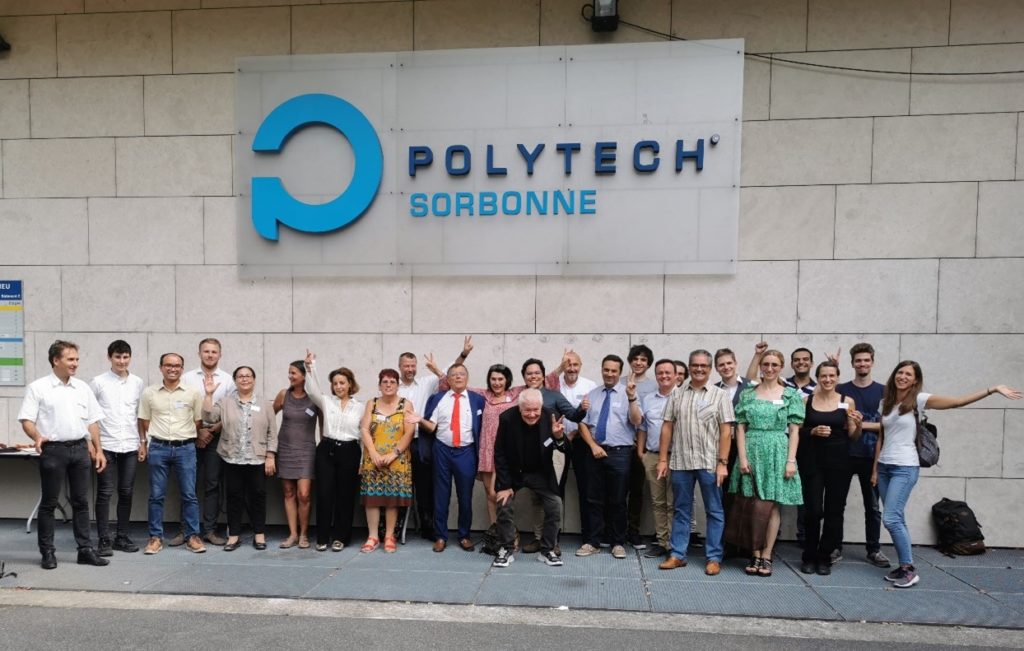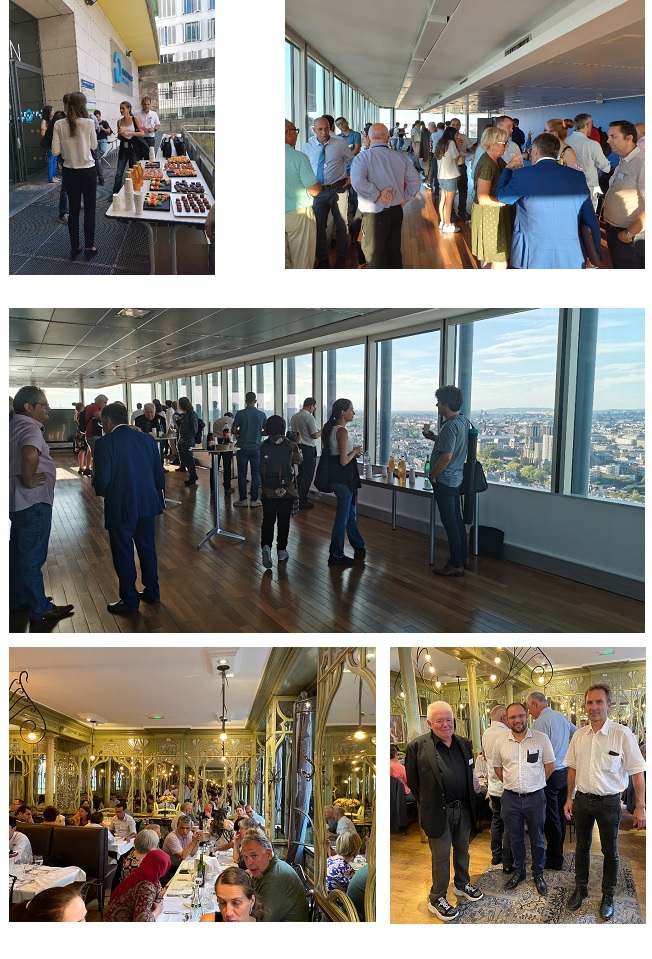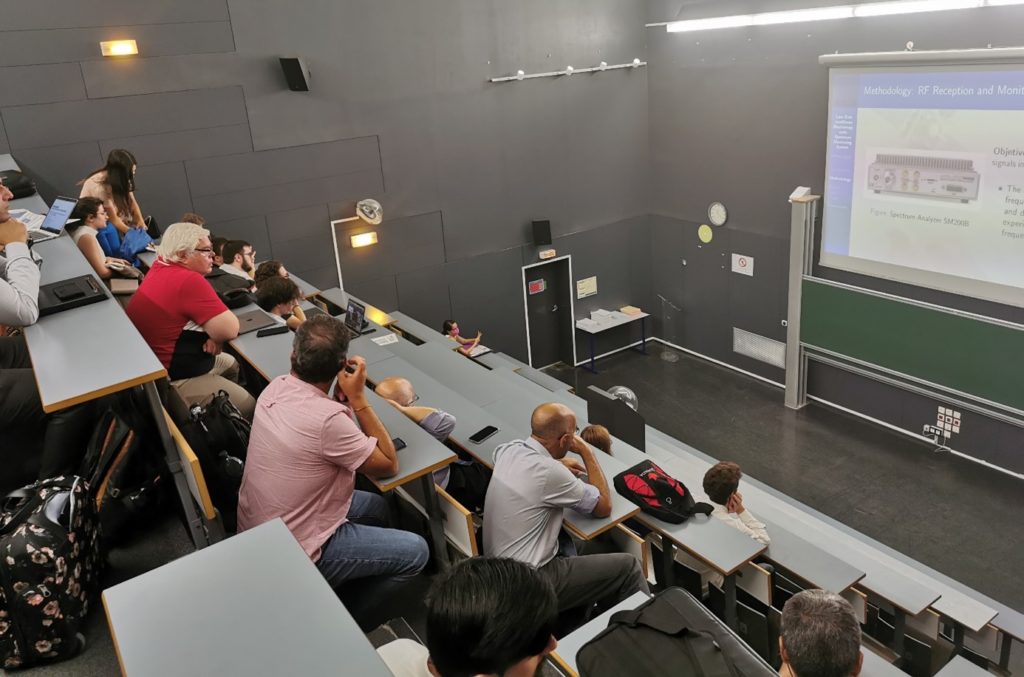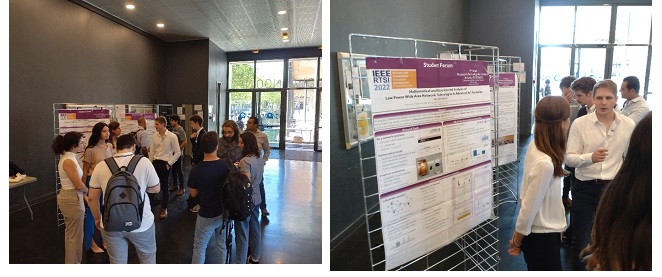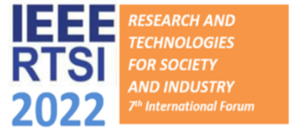Dear colleagues and friends,
We would like to invite you to the IEEE PES day webinar hosted by the IEEE PES Student Branch Chapter at UoM and Women in Power in UK&I.
Webinar: PES Day 2021 Webinar: Towards a Sustainable Energy Future
Time: Thursday, 22nd April 2021, 15:00– 17:00 BST
Location: Online
We will have the pleasure to host three female leaders in the power and energy field, sharing their views on sustainability and the importance of societies such as the IEEE Power and Energy Society.
Talk 1: PES Women in Power Initiative Abstract The presentation will provide an overview of the IEEE/PES Women in Power (WIP) initiative. WIP fosters diverse leadership by supporting the career advancement, networking and education of women in the energy industry. The goal is not to simply increase the number of women in the industry but to promote women into leadership positions as well. The skills, networking and mentorship that are offered benefit women throughout the industry, whether they are students, engineers, attorneys, policy makers or accountants. WIP is not just for women. Everyone is welcome to join.
Biography of Dr Jessica Bian
Dr. Jessica Bian is the President-Elect of the IEEE Power & Energy Society (PES). She was the PES Secretary from 2016 to 2019. She is a visionary leader and architect, has spearheaded electric industry’s reliability metrics and grid risk assessment. Currently, she is the Vice President of Grid Services at Grid-X Partners. Before that, she was with the Federal Energy Regulatory Commission (FERC), Washington, DC. Previously, she was the Director of Performance Analysis at North American Electric Reliability Corporation (NERC) in Atlanta, Georgia. Under her leadership, a total of 18 industry-wide reliability indicators were established to determine grid reliability, adequacy, and associated risks. She is widely recognized as a pioneer and trusted world leader in the field.
Talk 2: IEEE PES & Education Abstract Prof. Edvina Uzunovic will talk about IEEE Power & Energy Society (PES) history and the current PES organizational structure. It is important to know how PES operates, the important committees and how it is structured, such that one can find an interest/benefit for herself/himself. In addition, Edvina will talk about the PES internet sites, PES University and PES Resource Center, and material that one can find there.
Biography of Prof Edvina Uzunovic
Prof. Edvina Uzunovic has over 20 years of experience in the power systems industry and academia. She was a vital contributor to the success of several leading power industry organizations, ranging from utilities to manufacturers. She fulfilled different roles as a Technical Officer, Senior Quantitative Analyst and Senior R&TD Engineer. In 2012, Edvina transitioned from industry to academia and is currently a Professor in the ECE department at Worcester Polytechnic Institute. Edvina has received several awards including first place at the IEEE PES Student Poster Contest in 1999; the EPRI Awards for 2002 Innovators and Technology Award for the contributions to the FACTS technology; and US National Committee of CIGRE Recognition Awards for noteworthy 2002 and 2006 CIGRE Technical papers.
Talk 3: Sustainable power grids Abstract The energy system is in a global transition towards a sustainable society. Resource efficiency and environmental concerns push towards change into the use of renewable energy resources and to optimize the energy usage. This transition has been motivated by climate and energy goals and a growth in energy needs. The United Nations adapted a resolution for a sustainable development with 16 goals until 2030 and the European Commission has launched the targets towards 2030 of at least 27% renewable energy in final energy consumption at European level. The electric power system is being modernized to enable this transition for a sustainable society. New power grid developments include possibilities and challenges with generation, delivery, and usage of electricity as an integrated part of the energy system. This involves new forms of usage of electricity, for example, for transportation and demand response, and to the updating of existing electricity infrastructures. For electricity generation, the trend is toward new large-scale developments like offshore wind farms, as well as small-scale developments like rooftop solar energy. At the same time digitalization of society is creating new opportunities for control and automation as well as new business models and energy related services. Another key area for developments is the circular economics, which results in a new dimension for the life cycle cost assessment for all technical systems. This presentation will provide a general discussion about the developments of the electric power system for a sustainable society. It will also highlight recent events including power capacity shortages in Sweden and the power loss incident in Texas.
Biography of Prof Lina Bertling Tjernberg
Prof. Lina Bertling Tjernberg is a Professor in Power Grid Technology at KTH the Royal Institute of Technology. She is the Director of the Energy platform and is the Coordinator of Life long learning at the School of Electrical Engineering and Computer Science. Her research and teaching are focused on developments of the future sustainable electric power grid with a special interest in reliability analysis, predictive maintenance and asset management. She is a Senior Member of IEEE and is a Distinguished Lecturer of IEEE PES. She has been the Chair of the Swedish PE/PEL Chapter (2009-2019) and has served in the Governing Board of IEEE PES (2012-2016). She has been an Editor for the IEEE Transactions on Smart Grid Technologies and chaired the first IEEE ISGT Europe Conference. She is involved as an advisor and expert in the Program Committee of the World Energy Council, the National Strategic Council for Wind Power, the ISGAN Academy of Smart Grid, the National Committee of CIRED, and she is part of the expert pool for the EU commission.
More info


